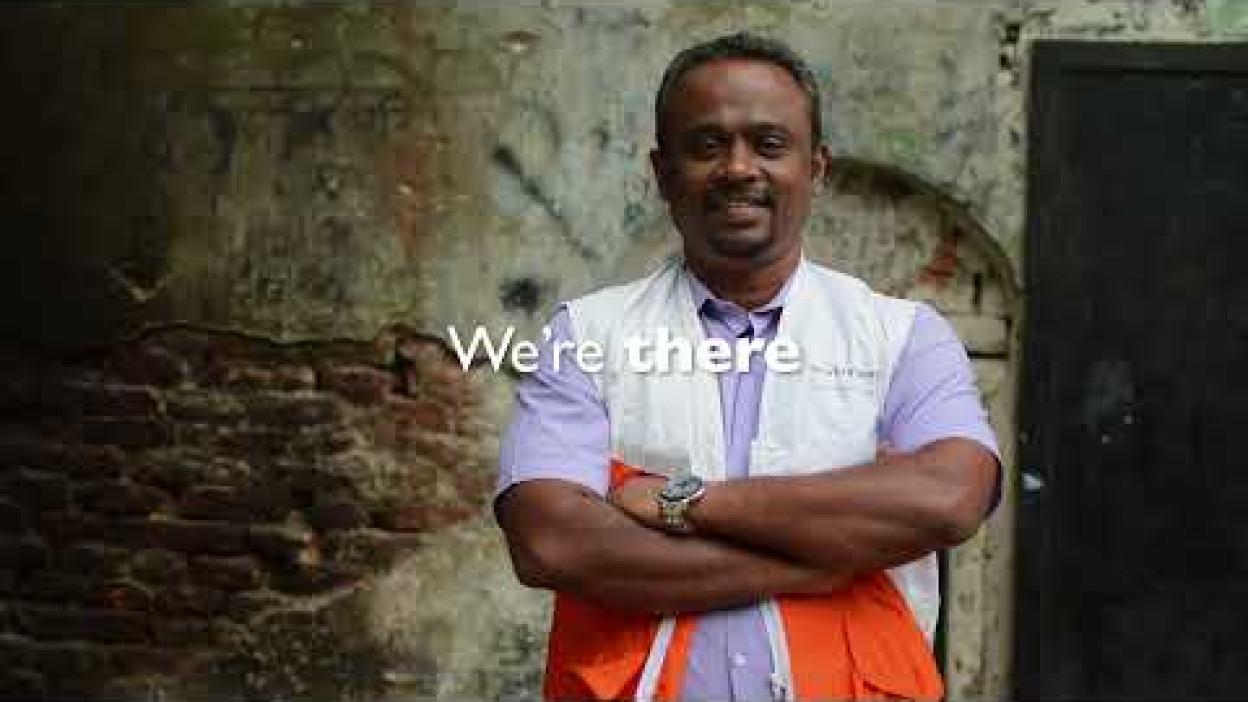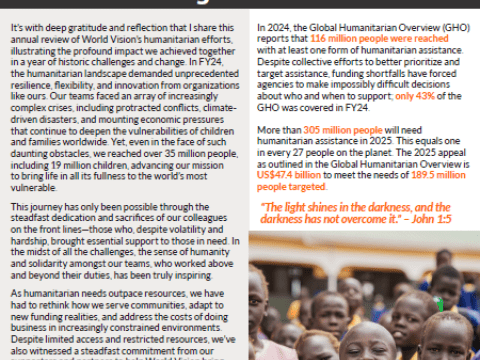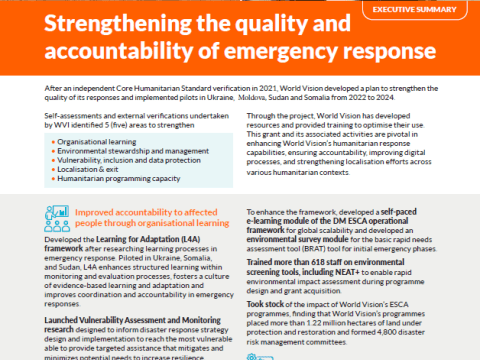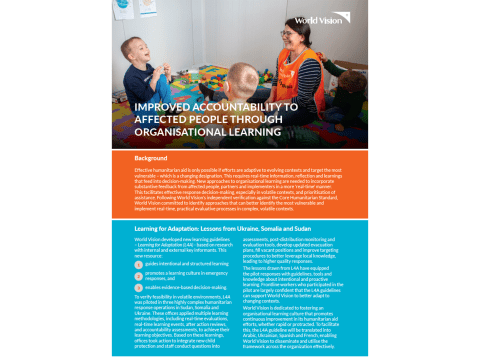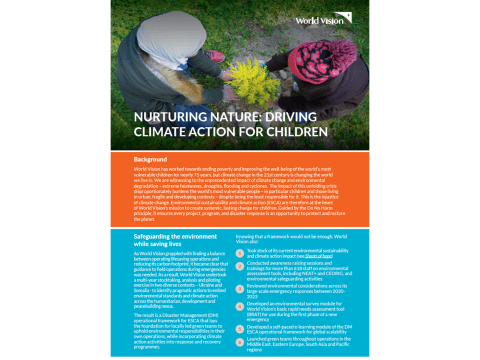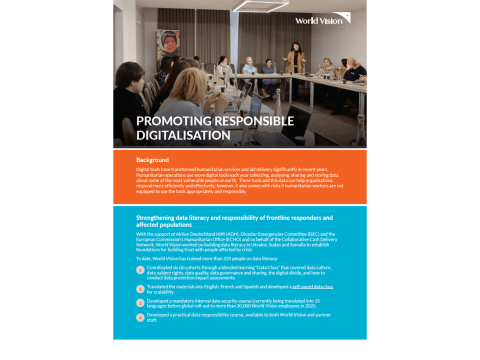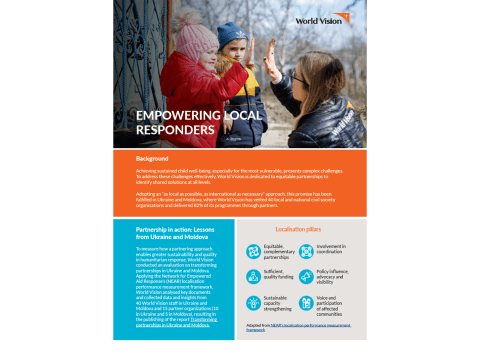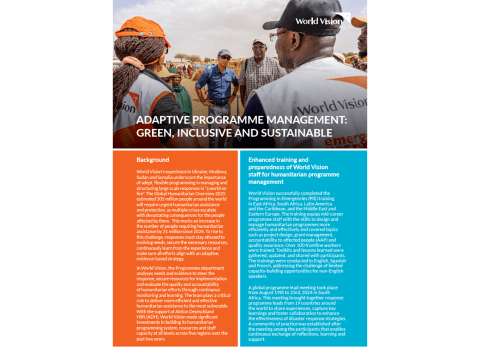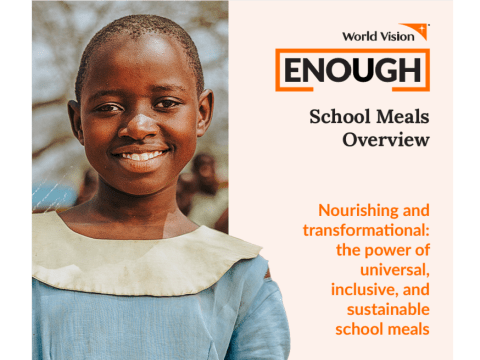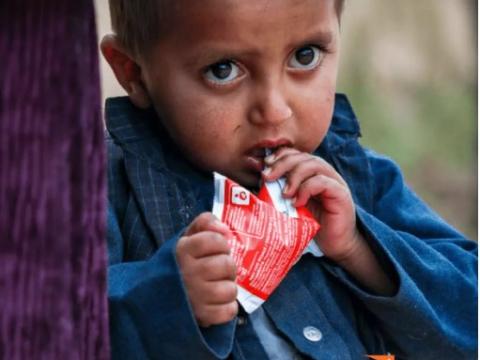Disaster Management
Our Impact
A world where all children are safe from disaster
Children’s lives can change in an instant in the wake of war, disasters and humanitarian emergencies. We see how vulnerable they are and how much they need our protection.
Today, there are more than double the number of emergencies than there were ten years ago. The numbers can seem overwhelming: a total of 305.1 million people worldwide are in need of humanitarian assistance just to survive, and over half of them are children. This is up from 168 million in 2020.
The nature of emergencies is also changing. Conflict is more vicious, complex and unpredictable. Climate change is unleashing natural disasters faster, for longer and with longer-lasting consequences for children and their families.
The number of people facing acute hunger - 'crisis' levels or worse -– stands at 184.14 million people. Of this, 27.43 million people are in ‘emergency’ and another 1.02 million are facing ‘catastrophic’ conditions.
The needs are greater, the gap in available funding is growing, and the calls to respond have never been greater.
There is hope. With the support of our partners across the world, we are in a better position to respond to the pressing and ever-changing needs of children. For more than 70 years, we have been responding, adapting, learning, and reaching millions of children affected by emergencies every year.
Our Approaches
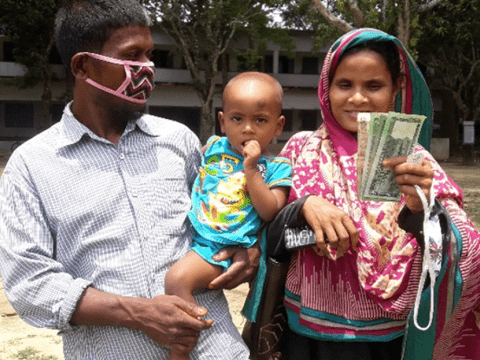
Cash voucher programming
Through cash voucher programming, we maximise financial and digital inclusion, economic resilience and child-sensitive social protection in conflict, climate and cost-of-living crises.
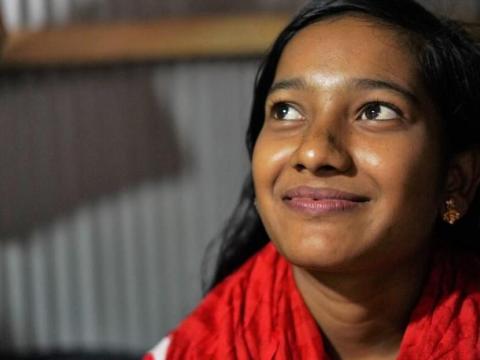
Child Protection
We design and deliver our efforts so as children can have a safe place to be & play, be reunited with their families, eat and have shelter, meet friends and go to school and understand what their
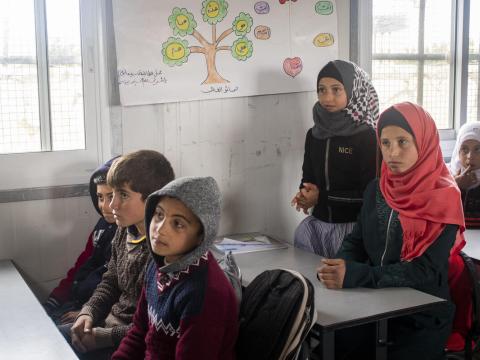
Education in Emergencies
When crisis strikes, education seems to not be the top priority for political leaders.
We work with partners in the education sector and beyond to support children through holistic, collective, and

Faith in Emergencies
We partner with faith communities to come alongside humanitarian actors. Through this relationships with communities are strengthened, assistance programs are better aligned with community needs, and
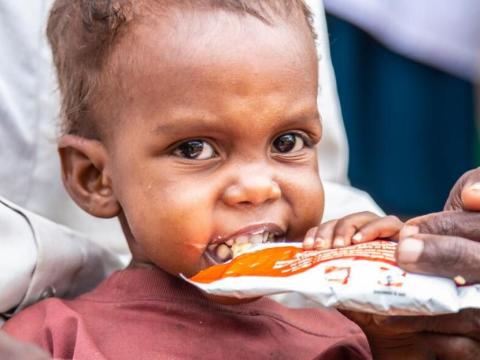
Food securities in emergencies
Whenever there is any crisis, hunger goes hand in hand.
We believe every child and family have the right to enough nutritious food each day to live a healthy life. To ensure children and families
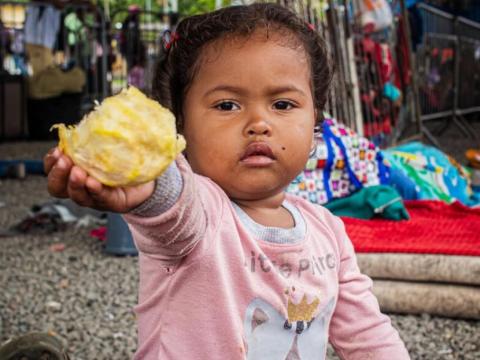
Health and Nutrition in Emergencies
Humanitarian crises have a significant impact on the health and well-being of affected populations, and the primary goal of any response is to reduce and prevent morbidity and mortality. Crisis may
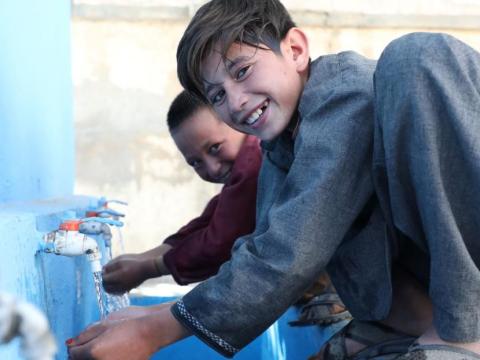
Water, sanitation and hygiene in emergencies
No country is immune to disaster, both man-made and natural. Interruptions in water, sanitation and hygiene (WASH) systems and services can lead to outbreaks of diseases like diarrhoea and cholera


